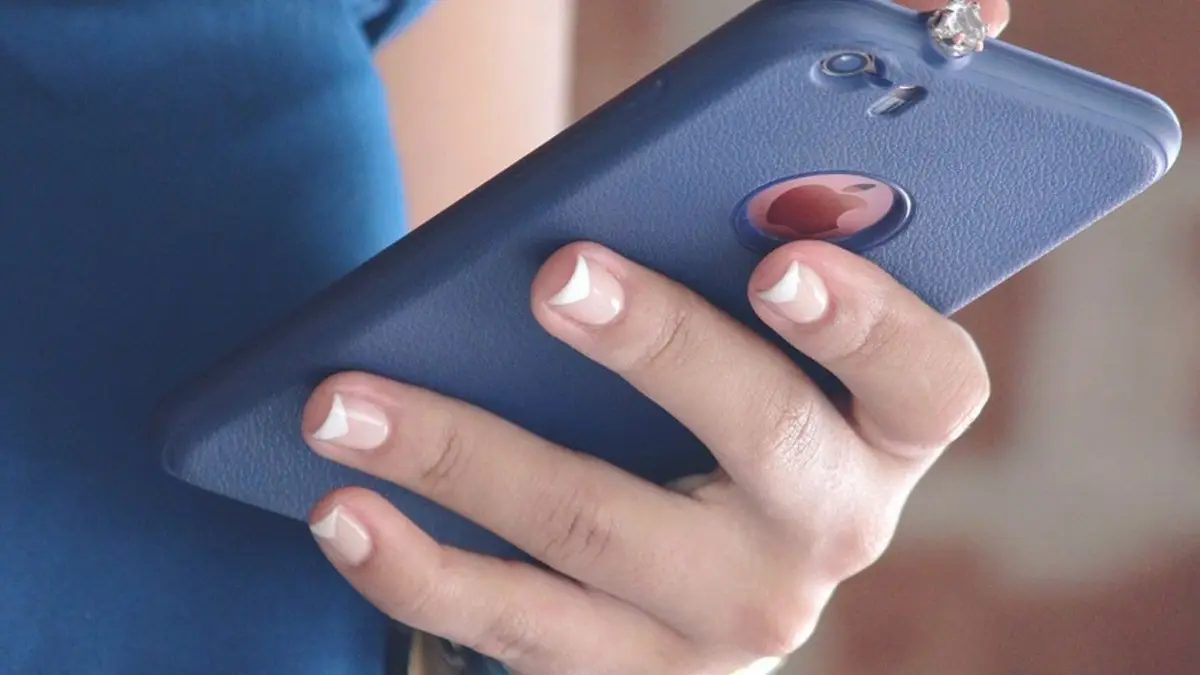September 2025 — A new medical study has found that spending extra time on the toilet while scrolling through smartphones could significantly increase the risk of developing hemorrhoids. Researchers warn that the habit, which has become widespread in the smartphone era, can raise the likelihood of hemorrhoids by as much as 46%.
Why Sitting Longer Is a Problem
The study revealed that people who bring their phones into the bathroom tend to sit for far longer than those who don’t. While non-phone users typically finish in under five minutes, nearly four in ten phone users admitted to lingering on the toilet well beyond that. Prolonged sitting increases pressure on the veins around the rectum, a key factor in the formation of hemorrhoids.
Doctors add that the forward-leaning posture often taken while scrolling only worsens the strain, making bowel movements less efficient and putting unnecessary stress on the body.
Other Risky Bathroom Habits
The research also highlights the dangers of delaying the urge to use the bathroom. Ignoring natural signals from the body can disrupt the gut-brain connection that controls bowel movements, leading to constipation and long-term digestive issues.
Tips for Healthier Habits
Experts recommend several simple steps to protect bowel health:
- Avoid distractions: Keep phones and reading material out of the bathroom to reduce sitting time.
- Respond promptly: Don’t delay when you feel the urge to go.
- Adjust your posture: Elevating your feet slightly or leaning forward can make bowel movements easier.
- Maintain healthy routines: A diet rich in fiber, regular hydration, and physical activity all support digestive health.
Why This Matters
Hemorrhoids are not only uncomfortable but can also become a chronic health issue. This study highlights how a seemingly harmless daily habit—scrolling through a smartphone on the toilet—can have serious long-term effects. Small lifestyle changes may be all it takes to protect against unnecessary pain and complications.















Leave a Reply